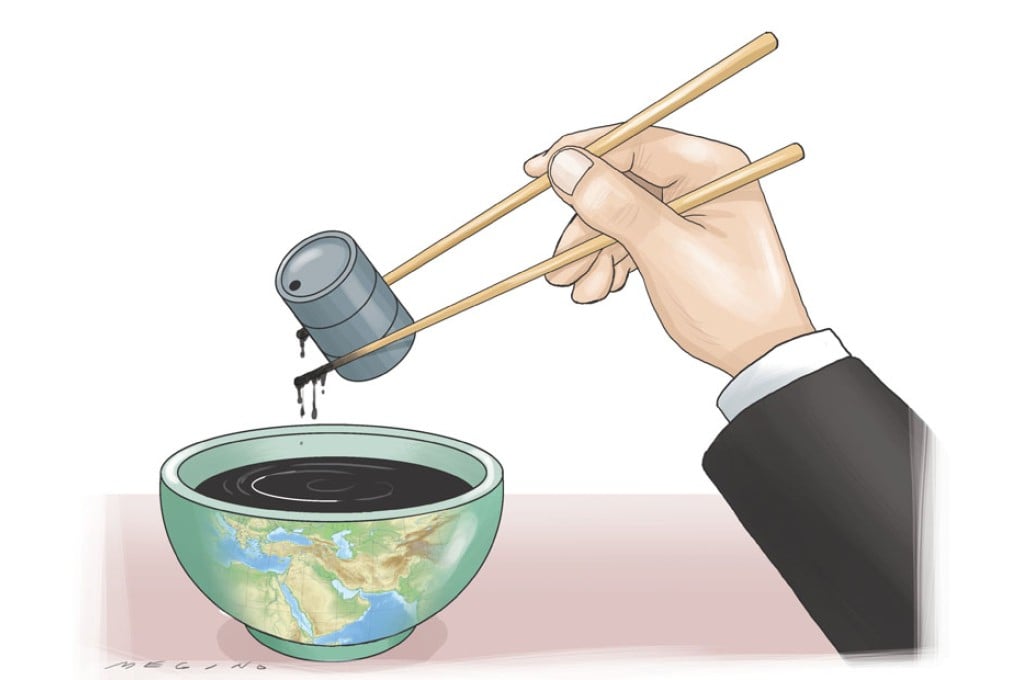China carving a role in Middle Eastern affairs
Robert Lawrence Kuhn and Florence Eid-Oakden say as US interest in the Middle East apparently wanes, China's appetite for its oil means it is beginning to play a bigger role in its affairs

Chinese Foreign Minister Wang Yi's visit to the Middle East and North Africa - Palestine, Israel, Algeria, Morocco and Saudi Arabia - is noteworthy on several levels. It recognises the importance of the region for China's energy security and it reflects the country's growing participation in world affairs.
Both trends are likely to continue as China's position in the world rises and as it feels pressure to protect its vital interests. It is in this context that we explore China's Middle East strategy.
In past decades, it was the United States that needed to immerse itself deeply in Middle Eastern affairs, due to its dependence on oil imports. In a historic turn of fortunes, now it is China's chance.
China imports about 60 per cent of its oil from Middle East countries. This compares with about 25 per cent of US oil imports from the region. With the upsurge in American domestic oil and natural gas production, US oil imports from the Middle East are projected to drop to almost zero. China, by contrast, could see its Middle East oil imports more than double, to nearly 7 million barrels per day, becoming a major dependency for China.
Saudi Arabia is China's largest supplier, accounting for about 20 per cent of crude oil imports. Happily, the kingdom is a secure and reliable source, navigating intelligently the volatility that surrounds it. However, China needs more oil, including from Iran and Iraq, each with its own set of problems.
Especially worrying are threats to the free flows of oil and the uptick in violence directed towards Chinese oil installations. China's non-interference policy no longer serves its national interests.